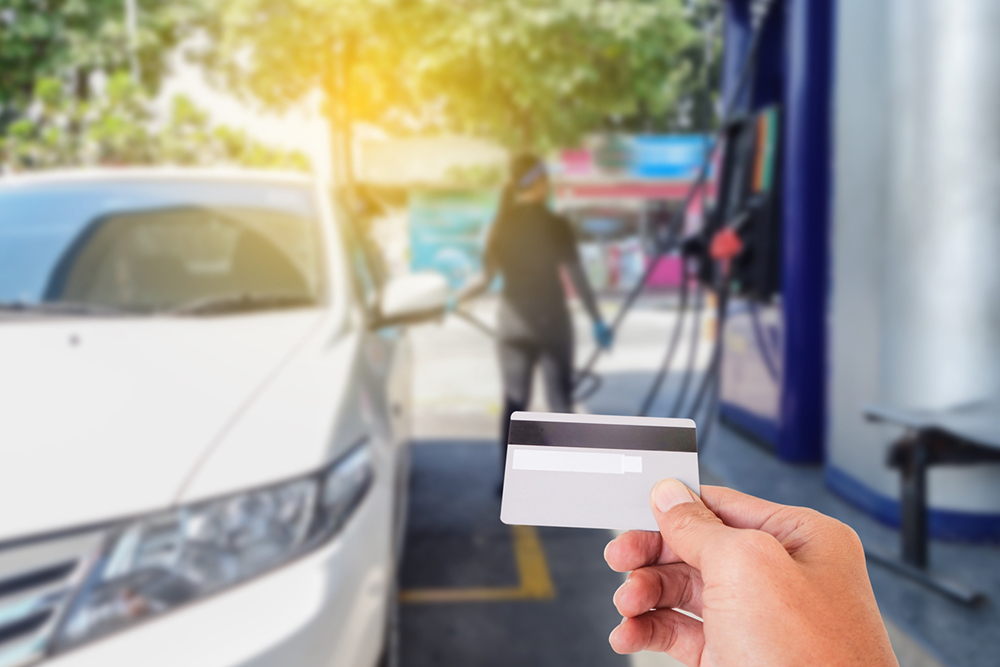Comprehensive Guide to Fuel Cards: Types and Benefits
Explore the diverse types of fuel cards, including universal, corporate, brand-specific, and cardlock options. Discover their key benefits such as easy expense management, discounts, and enhanced security. Designed for both individual drivers and large fleets, these cards simplify fueling and help control costs. Learn how to choose the right fuel card to optimize your expenses and streamline operations with our comprehensive overview.

Comprehensive Guide to Fuel Cards: Types and Benefits
Fuel cards, also known as gas or fueling cards, offer convenient payment options for both personal and business fuel purchases. These cards are adaptable, supporting individual vehicles and entire fleet management. Their popularity continues to grow as a tool for simplifying expense tracking. Many service providers also include fuel coupons, helping users save money through exclusive discounts, making fuel cards an essential part of expense management strategies.
What Are Fuel Payment Cards?
Fuel payment cards, often called fleet or gas cards, are designed to cover fuel such as petrol and diesel at partnered stations.
Many of these cards can also be utilized for vehicle maintenance and related expenses. Similar to credit or debit cards, they are typically issued by leading fuel brands, financial institutions, or specialized third-party providers.
Types of Fuel Cards
Universal Fuel Cards
Intended for extensive use by companies managing large vehicle fleets, these cards function across most gas stations nationwide. Partnered with various fuel providers, they enable refueling at multiple locations. Usage may include daily, weekly, or monthly spending limits, along with restrictions on fueling times or transaction numbers. These controls assist businesses in tracking and managing fuel costs efficiently. Providers may also offer discounts or coupons for larger fleet users, but it’s important to review any associated fees or conditions beforehand.
Corporate Fuel Credit Cards
Linked with established payment networks, these cards are issued by banks or financial institutions. They are primarily used for fuel and vehicle maintenance purchases at authorized merchants. While they include spending controls, these are generally less restrictive compared to universal fleet cards.
Brand-Specific Fuel Cards
These cards are issued by major fuel brands and often include rebates or coupons valid only at the issuing company's stations. Typically available for a set period or fuel volume, they offer significant savings initially but limit station choices to the specific brand.
Network-Specific Cardlock Cards
Designed for commercial operations, these cards work within specialized fuel networks, often clustered near highways and urban hubs. They facilitate quick, high-volume refueling at satellite stations, often with discounts and coupons to lower costs.
Advantages of Fuel Cards
Convenience and Speed
Fuel cards simplify refueling by removing cash payments, allowing quick tap or swipe transactions at participating stations, which saves considerable time.
Expense Monitoring
Providing detailed statements, these cards help businesses track fuel and maintenance expenses, analyze usage patterns, and plan budgets more effectively.
Incentive Programs
Many providers offer rewards such as discounts, cashback, points, or coupons, leading to long-term savings on fuel costs.
Security Features
Usage restrictions, PIN protections, and transaction limits decrease fraud risks, ensuring safe fleet management.
Note:
This guide provides general insights into fuel cards for various applications. Always consult with providers directly for current details, fees, and terms, as offers may vary. This information aims to assist but does not cover all market options.


